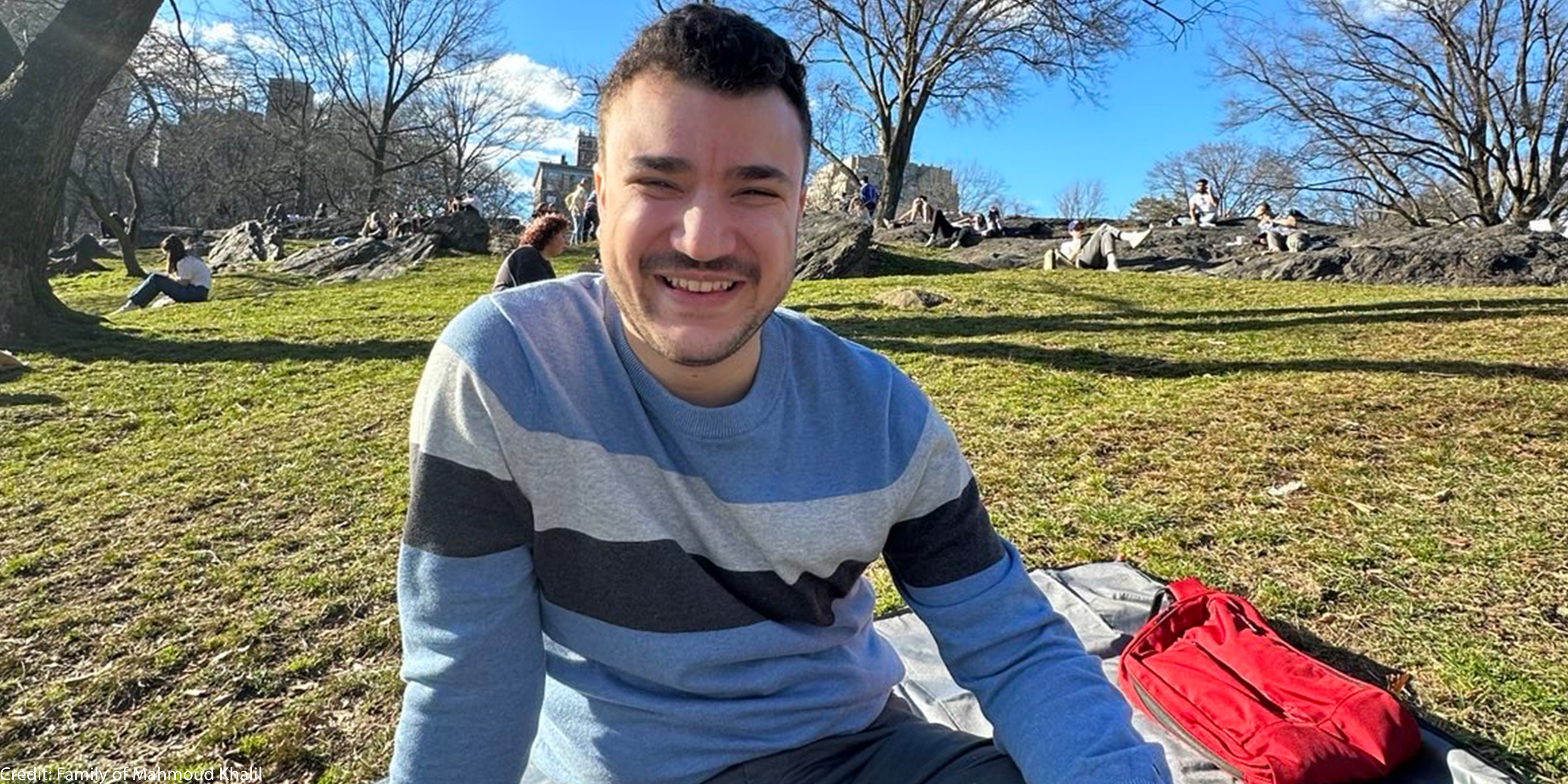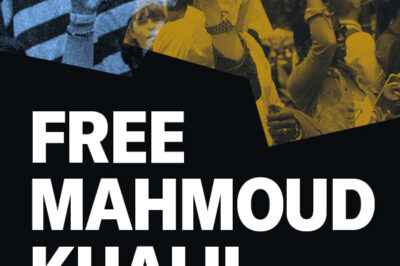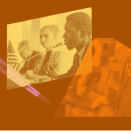Free Speech
Protecting free speech means protecting a free press, the democratic process, diversity of thought, and so much more. The ACLU has worked since 1920 to ensure that freedom of speech is protected for everyone.
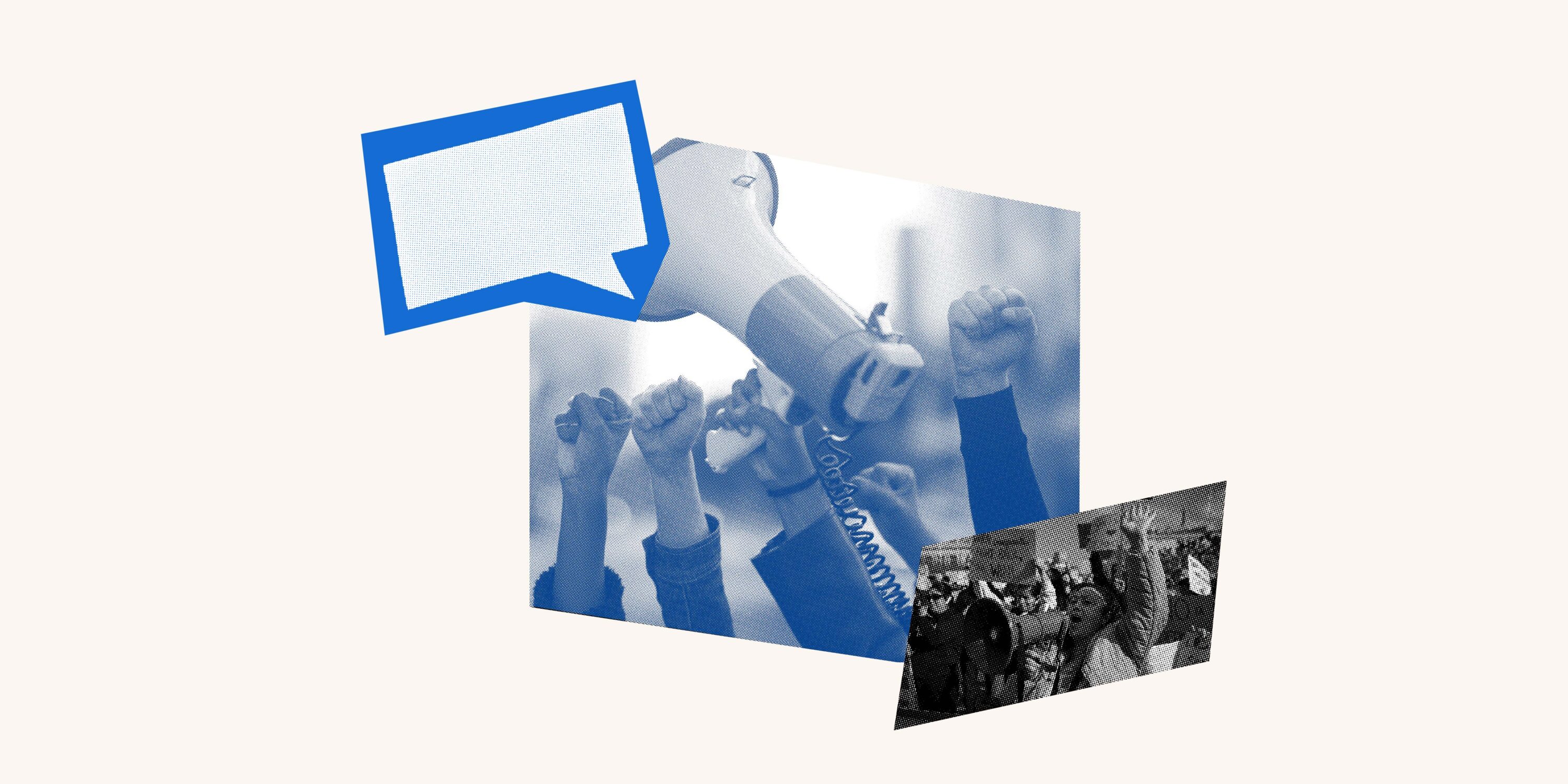
What you need to know
The Latest
Explore More
What We're Focused On
-
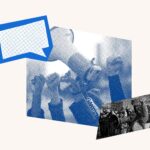
Artistic Expression
The ACLU works in courts, legislatures, and communities to defend and preserve the individual rights and liberties that the Constitution and the laws of the United States guarantee everyone in this country.
-

Campaign Finance Reform
The ACLU works in courts, legislatures, and communities to defend and preserve the individual rights and liberties that the Constitution and the laws of the United States guarantee everyone in this country.
-

Employee Speech and Whistleblowers
The ACLU works in courts, legislatures, and communities to defend and preserve the individual rights and liberties that the Constitution and the laws of the United States guarantee everyone in this country.
-

Freedom of the Press
The ACLU works in courts, legislatures, and communities to defend and preserve the individual rights and liberties that the Constitution and the laws of the United States guarantee everyone in this country.
-

Intellectual Property
The ACLU works in courts, legislatures, and communities to defend and preserve the individual rights and liberties that the Constitution and the laws of the United States guarantee everyone in this country.
-

Internet Speech
The ACLU works in courts, legislatures, and communities to defend and preserve the individual rights and liberties that the Constitution and the laws of the United States guarantee everyone in this country.
-

Photographers' Rights
The ACLU works in courts, legislatures, and communities to defend and preserve the individual rights and liberties that the Constitution and the laws of the United States guarantee everyone in this country.
-

Rights of Protesters
The ACLU works in courts, legislatures, and communities to defend and preserve the individual rights and liberties that the Constitution and the laws of the United States guarantee everyone in this country.
-

Student Speech and Privacy
The ACLU works in courts, legislatures, and communities to defend and preserve the individual rights and liberties that the Constitution and the laws of the United States guarantee everyone in this country.
What's at Stake
“Freedom of expression is the matrix, the indispensable condition, of nearly every other form of freedom.”
—U.S. Supreme Court Justice Benjamin N. Cardozo in Palko v. Connecticut
Freedom of speech, the press, association, assembly, and petition: This set of guarantees, protected by the First Amendment, comprises what we refer to as freedom of expression. It is the foundation of a vibrant democracy, and without it, other fundamental rights, like the right to vote, would wither away.
The fight for freedom of speech has been a bedrock of the ACLU’s mission since the organization was founded in 1920, driven by the need to protect the constitutional rights of conscientious objectors and anti-war protesters. The organization’s work quickly spread to combating censorship, securing the right to assembly, and promoting free speech in schools.
Almost a century later, these battles have taken on new forms, but they persist. The ACLU’s Speech, Privacy, and Technology Project continues to champion freedom of expression in its myriad forms — whether through protest, media, online speech, or the arts — in the face of new threats. For example, new avenues for censorship have arisen alongside the wealth of opportunities for speech afforded by the Internet. The threat of mass government surveillance chills the free expression of ordinary citizens, legislators routinely attempt to place new restrictions on online activity, and journalism is criminalized in the name of national security. The ACLU is always on guard to ensure that the First Amendment’s protections remain robust — in times of war or peace, for bloggers or the institutional press, online or off.
Over the years, the ACLU has represented or defended individuals engaged in some truly offensive speech. We have defended the speech rights of communists, Nazis, Ku Klux Klan members, accused terrorists, pornographers, anti-LGBT activists, and flag burners. That’s because the defense of freedom of speech is most necessary when the message is one most people find repulsive. Constitutional rights must apply to even the most unpopular groups if they’re going to be preserved for everyone.
Some examples of our free speech work from recent years include:
- In 2019, we filed a petition of certiorari on behalf of DeRay Mckesson, a prominent civil rights activist and Black Lives Matter movement organizer, urging the Supreme Court to overturn a lower court ruling that, if left standing, would dismantle civil rights era speech protections safeguarding the First Amendment right to protest.
- In 2019, we successfully challenged a spate of state anti-protest laws aimed at Indigenous and climate activists opposing pipeline construction.
- We’ve called on big social media companies to resist calls for censorship.
- We’re representing five former intelligence agency employees and military personnel in a lawsuit challenging the government’s pre-publication review system, which prohibits millions of former intelligence agency employees and military personnel from writing or speaking about topics related to their government service without first obtaining government approval.
- In 2018, we filed a friend-of-the-court brief arguing that the NRA’s lawsuit alleging that the state of New York violated its First Amendment rights should be allowed to proceed.
- In 2016, the we defended the First Amendment rights of environmental and racial justice activists in Uniontown, Alabama, who were sued for defamation after they organized against the town’s hazardous coal ash landfill.
- In 2014, the ACLU of Michigan filed an amicus brief arguing that the police violated the First Amendment by ejecting an anti-Muslim group called Bible Believers from a street festival based on others’ violent reactions to their speech.
“Freedom of expression is the matrix, the indispensable condition, of nearly every other form of freedom.”
—U.S. Supreme Court Justice Benjamin N. Cardozo in Palko v. Connecticut
Freedom of speech, the press, association, assembly, and petition: This set of guarantees, protected by the First Amendment, comprises what we refer to as freedom of expression. It is the foundation of a vibrant democracy, and without it, other fundamental rights, like the right to vote, would wither away.
The fight for freedom of speech has been a bedrock of the ACLU’s mission since the organization was founded in 1920, driven by the need to protect the constitutional rights of conscientious objectors and anti-war protesters. The organization’s work quickly spread to combating censorship, securing the right to assembly, and promoting free speech in schools.
Almost a century later, these battles have taken on new forms, but they persist. The ACLU’s Speech, Privacy, and Technology Project continues to champion freedom of expression in its myriad forms — whether through protest, media, online speech, or the arts — in the face of new threats. For example, new avenues for censorship have arisen alongside the wealth of opportunities for speech afforded by the Internet. The threat of mass government surveillance chills the free expression of ordinary citizens, legislators routinely attempt to place new restrictions on online activity, and journalism is criminalized in the name of national security. The ACLU is always on guard to ensure that the First Amendment’s protections remain robust — in times of war or peace, for bloggers or the institutional press, online or off.
Over the years, the ACLU has represented or defended individuals engaged in some truly offensive speech. We have defended the speech rights of communists, Nazis, Ku Klux Klan members, accused terrorists, pornographers, anti-LGBT activists, and flag burners. That’s because the defense of freedom of speech is most necessary when the message is one most people find repulsive. Constitutional rights must apply to even the most unpopular groups if they’re going to be preserved for everyone.
Some examples of our free speech work from recent years include:
- In 2019, we filed a petition of certiorari on behalf of DeRay Mckesson, a prominent civil rights activist and Black Lives Matter movement organizer, urging the Supreme Court to overturn a lower court ruling that, if left standing, would dismantle civil rights era speech protections safeguarding the First Amendment right to protest.
- In 2019, we successfully challenged a spate of state anti-protest laws aimed at Indigenous and climate activists opposing pipeline construction.
- We’ve called on big social media companies to resist calls for censorship.
- We’re representing five former intelligence agency employees and military personnel in a lawsuit challenging the government’s pre-publication review system, which prohibits millions of former intelligence agency employees and military personnel from writing or speaking about topics related to their government service without first obtaining government approval.
- In 2018, we filed a friend-of-the-court brief arguing that the NRA’s lawsuit alleging that the state of New York violated its First Amendment rights should be allowed to proceed.
- In 2016, the we defended the First Amendment rights of environmental and racial justice activists in Uniontown, Alabama, who were sued for defamation after they organized against the town’s hazardous coal ash landfill.
- In 2014, the ACLU of Michigan filed an amicus brief arguing that the police violated the First Amendment by ejecting an anti-Muslim group called Bible Believers from a street festival based on others’ violent reactions to their speech.
Take Action
Make an impact on Free Speech
Today, years of hard-fought civil liberty protections are under threat. From signing petitions to organizing on the ground, millions of ACLU activists are helping defend our rights. Here is 1 action you can take today:
